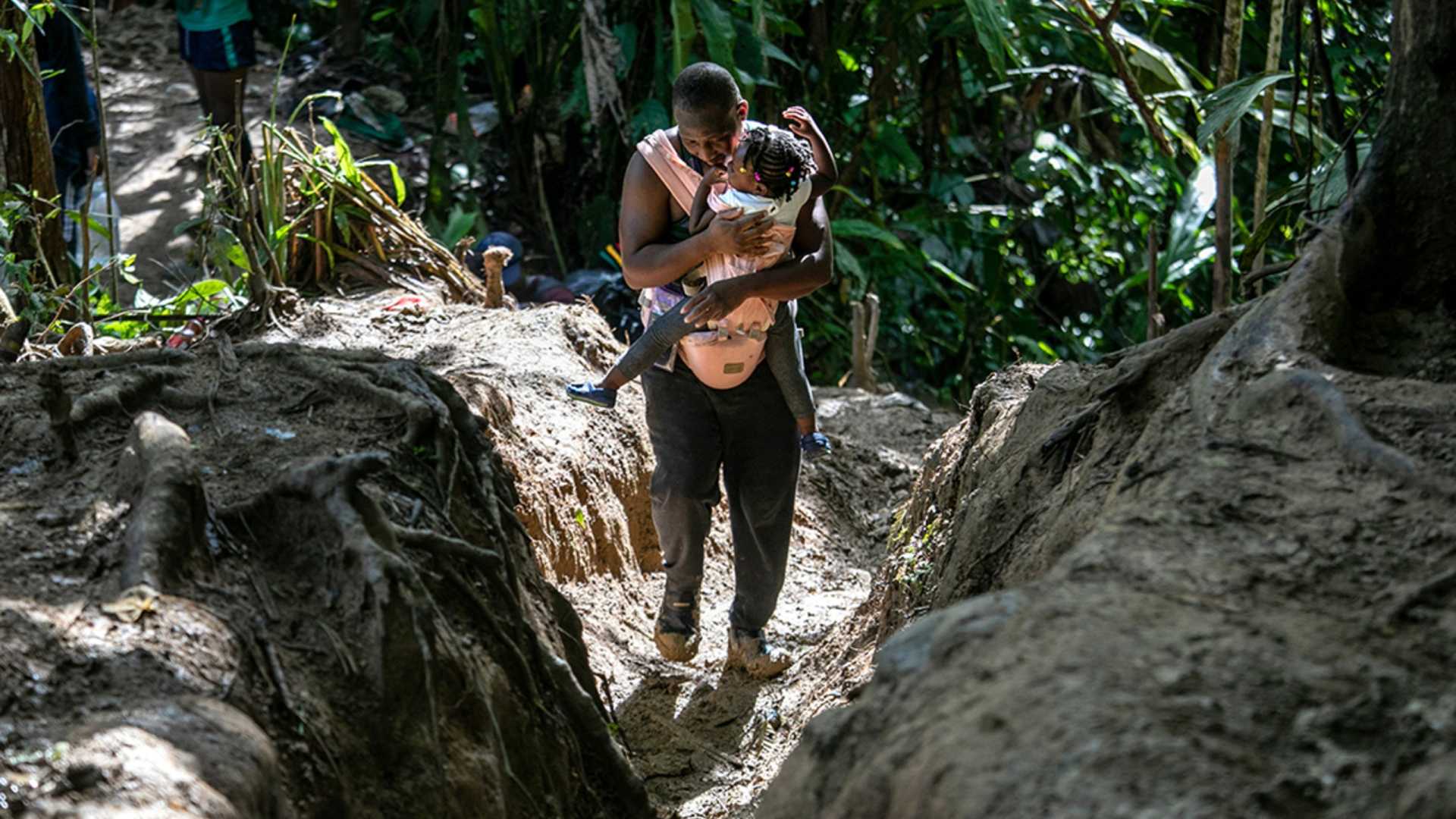News
Darien Gap Sees Surge in Migrant Crossings, Heightened Humanitarian Crisis

The Darien Gap, a treacherous jungle passage between Colombia and Panama, continues to be one of the most perilous migration routes in the world. Recent data indicates a significant increase in migrant crossings through this region, particularly in September 2024, driven largely by Venezuelans fleeing worsening conditions in their home country.
The number of migrants crossing the Darien Gap has seen a dramatic rise over the past four years. In 2021, approximately 133,000 people made the trek, while in 2023, this number soared to a record 520,000. The increase is attributed to rising displacement from Venezuela, the establishment of informal but dangerous transit routes, and increased migration from various nationalities aiming to reach the United States.
The journey through the Darien Gap is fraught with risks, including illnesses from exposure to harsh environmental conditions, injuries or death from accidents, robbery, physical assault, and a alarming rise in sexual violence. According to Médecins Sans Frontières (MSF), there has been a seven-fold increase in migrants seeking treatment for incidents of sexual violence this year.
Criminal enterprises, such as the Clan del Golfo, have created new and shorter routes through the jungle, offering VIP packages to migrants who can afford them. This has reduced the average duration of the journey from five to seven days to around three days. However, these routes are often less formalized and more vulnerable to exploitation by armed groups.
The Panamanian government’s increased emphasis on migration deterrence, supported by U.S. migration cooperation priorities, has not deterred migration but has worsened humanitarian conditions. Humanitarian organizations and UN agencies have highlighted the need for a more comprehensive and humane approach to migration management, emphasizing the protection of migrants’ basic human rights.
The report by Refugees International suggests that Costa Rica, with its history as a country of asylum and strong collaboration with the United States, has the potential to develop a more comprehensive humanitarian response. It also recommends that the international community and the U.S. government support improved humanitarian services, access to protection, and integration for migrants traversing the Darien Gap.












